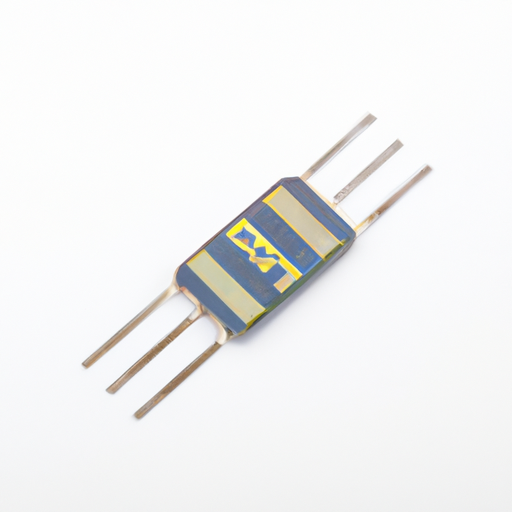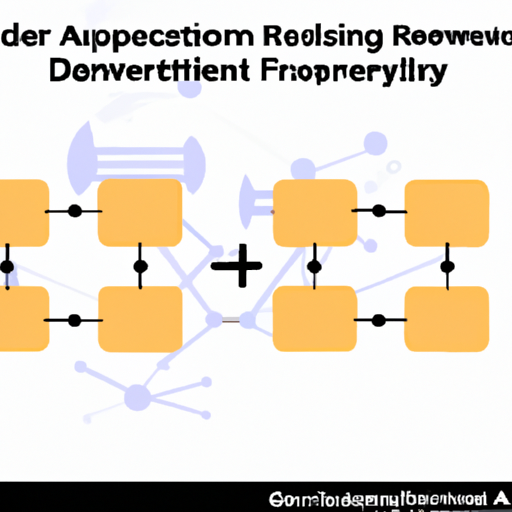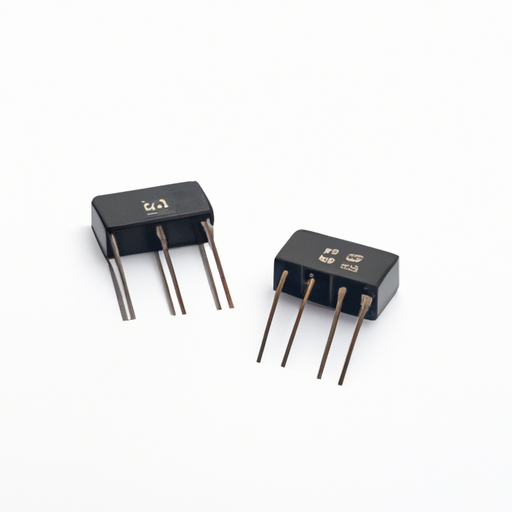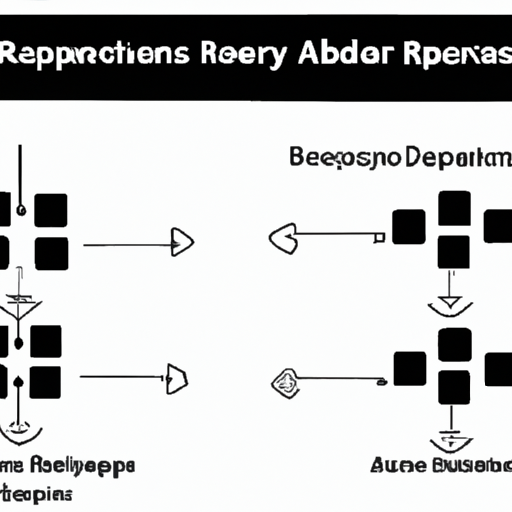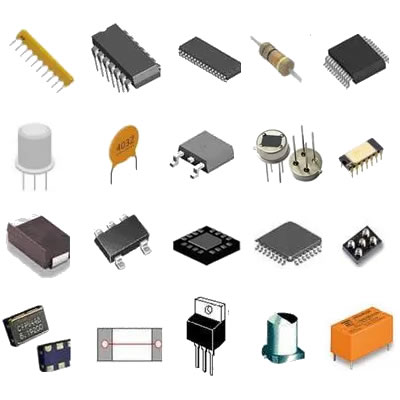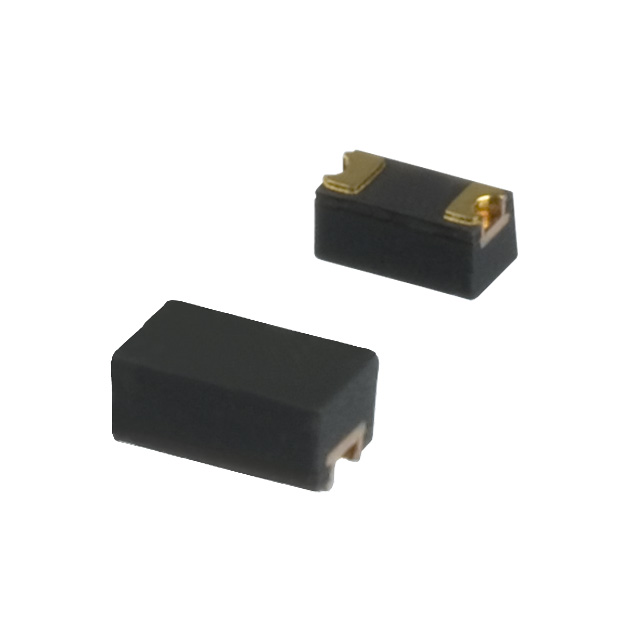CFR-50JB-52-1K1 Resistors highlighting the core functional technology articles and application development cases of Resistors that are effective.
Core Functional Technologies of Resistors
1. Voltage Division: Resistors are essential in creating voltage dividers, which allow designers to obtain a desired voltage from a higher voltage source. This is particularly important in sensor applications, where specific voltage levels are required for accurate readings and processing.
2. Current Limiting: In LED circuits, resistors are used to limit the current flowing through the LED, preventing it from drawing too much current and burning out. This application is critical for ensuring the longevity and reliability of lighting systems, especially in consumer electronics and automotive lighting.
3. Pull-Up and Pull-Down Resistors: These resistors are vital in digital circuits to maintain defined logic levels at the inputs of logic gates. By preventing floating inputs, they help avoid unpredictable behavior in digital systems, which is crucial for reliable operation in microcontroller and FPGA applications.
4. Biasing: Resistors are used to set the operating point of transistors in amplifier and switching circuits. Proper biasing ensures that transistors operate efficiently, which is essential in audio amplifiers and RF applications.
5. Feedback and Gain Control: In operational amplifier circuits, resistors are used to set gain and feedback levels. This is essential for signal processing applications, where precise control over amplification is required for accurate signal representation.
Application Development Cases
1. Consumer Electronics: Resistors are ubiquitous in consumer electronics, such as audio equipment, where they control volume and tone. For example, in a stereo amplifier, resistors in the feedback loop stabilize gain, ensuring consistent audio output.
2. Automotive Applications: In automotive electronics, resistors are used in control circuits for power windows, mirrors, and other electronic components. They help manage current flow and protect sensitive devices from voltage spikes, enhancing the reliability of automotive systems.
3. Medical Devices: Resistors play a critical role in medical instrumentation, such as ECG machines, where they are used for signal conditioning. They help filter and amplify the small electrical signals generated by the heart, ensuring accurate diagnostics.
4. Industrial Automation: In industrial automation, resistors are integral to sensors and control systems. They assist in signal processing, ensuring that control signals remain stable and reliable, which is essential for efficient operation in manufacturing processes.
5. Telecommunications: In communication devices, resistors are used for impedance matching, which maximizes power transfer and minimizes signal reflection. This is crucial for maintaining signal integrity in high-frequency applications, such as RF communication systems.
Articles and Resources
1. "Understanding Resistor Types and Their Applications": This article provides a comprehensive overview of various resistor types, including carbon film, metal film, and wire-wound resistors, discussing their characteristics and suitable applications.
2. "The Role of Resistors in Circuit Design": This resource explores the importance of resistors in circuit design, covering essential topics such as tolerance, power rating, and thermal stability, which are critical for reliable circuit performance.
3. "Designing with Resistors: Best Practices": This article outlines best practices for selecting and using resistors in various applications, including considerations for temperature coefficients, derating, and the impact of resistor placement in circuit layouts.
4. "Case Study: Resistor Applications in LED Lighting": This case study examines how resistors are utilized in LED lighting applications, focusing on current limiting, thermal management, and the design of efficient lighting systems.
5. "Resistor Networks: Applications and Design": This resource discusses the use of resistor networks in applications such as analog signal processing and digital logic circuits, highlighting their advantages in simplifying circuit design and improving performance.
Conclusion
Resistors like the CFR-50JB-52-1K1 are fundamental components in a wide array of electronic applications. Their ability to control voltage and current makes them indispensable in circuit design. By understanding their core functionalities and applications, engineers and designers can create more effective and reliable electronic systems. Selecting the appropriate type of resistor for a specific application is crucial for achieving optimal performance and ensuring the longevity of electronic devices.




